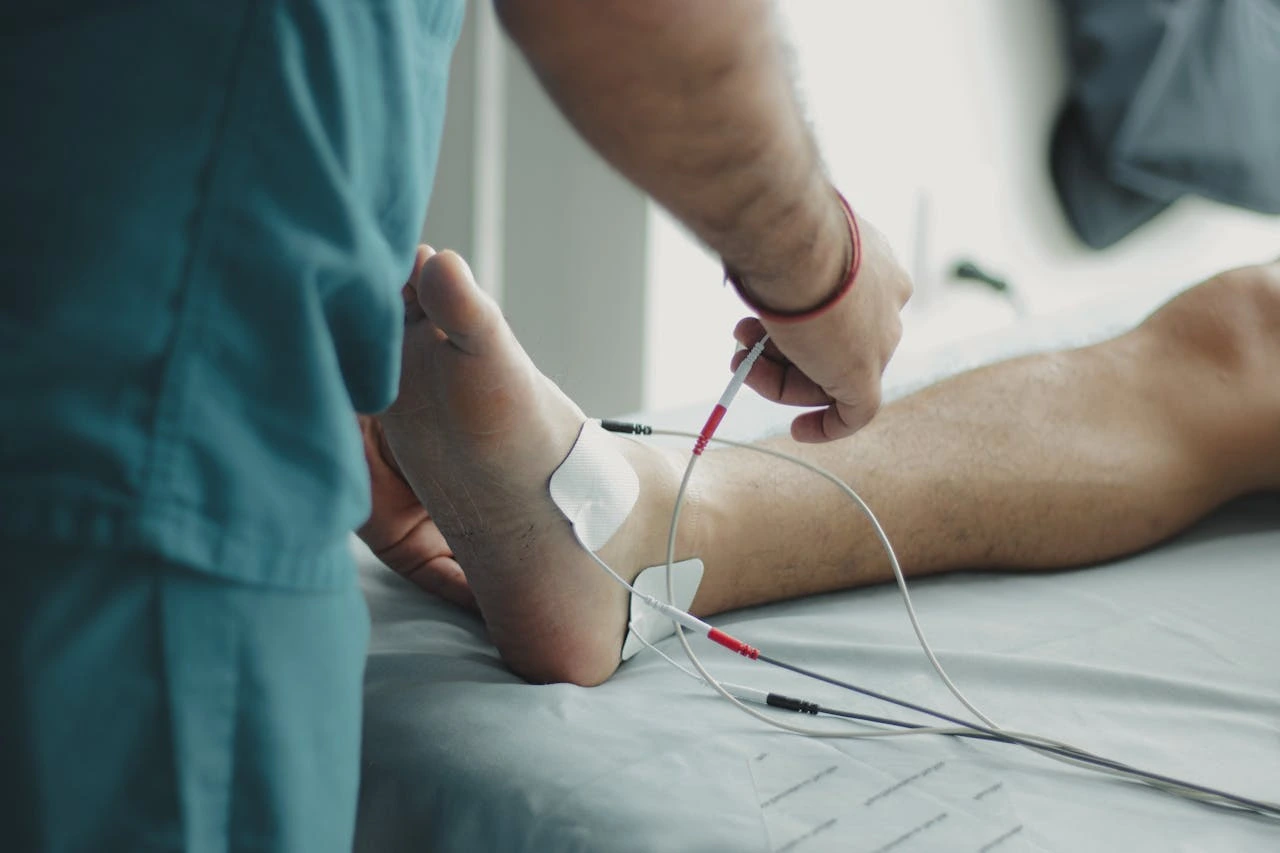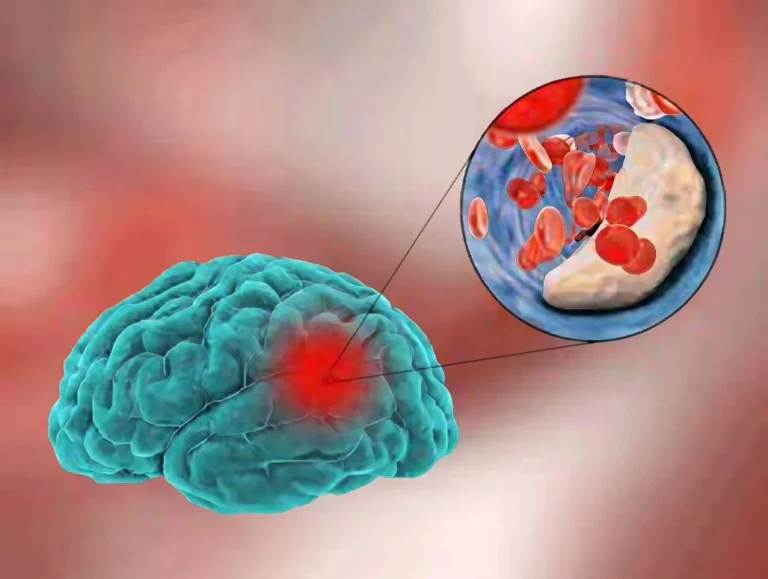
Kerecis, a leader in the use of fish skin and fatty acids for tissue regeneration, has announced the publication of significant study results in the New England Journal of Medicine Evidence. This research, involving 255 patients across 15 care centers in four countries, represents the largest randomized controlled trial to date on the effectiveness of biologic skin substitutes for treating foot ulcers that expose bone and tendons. The findings show that fish-skin grafts significantly outperform standard care in closing University of Texas grade 2 and 3 diabetic foot ulcers (DFUs).
The study’s results were well-received at the recent Symposium on Advanced Wound Care (SAWC) in Las Vegas.
Key Findings from the Study
Named “Odinn” after the Norse god of healing and wisdom, this study stands out for its scale and the severity of the wounds assessed. The results highlight the effectiveness of fish-skin grafts in treating diabetic foot ulcers, offering hope for improved patient outcomes.
Key Results:
- Higher Healing Rates: At 16 weeks, 44% of DFUs treated with Kerecis Fish-skin Grafts had healed, compared to 26.4% with standard care (p<0.001).
- Sustained Superiority: At 24 weeks, 55.2% of wounds treated with fish-skin grafts had healed versus 37.8% with standard care.
- Faster Healing: Patients with DFUs treated using intact fish-skin grafts experienced healing approximately two weeks sooner and had a 1.6x (95% CI: 1.07 – 2.36) greater chance of closure at any given time point.
University of Texas Grade 2 DFUs are serious, penetrating wounds that reach the tendon or capsule, necessitating intensive treatment. Grade 3 DFUs are even more severe, extending to the bone or joints, and are associated with higher risks of complications like infections and amputations. These chronic wounds pose significant health risks, often leading to amputations and increased mortality, along with substantial clinical and financial burdens on patients.
The study received funding through a competitive grant from the European Union’s Horizon 2020 research and innovation program.
Transformative Potential for Wound Treatment
John Lantis, MD, Chairman of Kerecis’s Scientific Advisory Board, described the study as landmark. “The Odinn Trial is pivotal for treating diabetic foot ulcers, especially complex grade 2 and 3 cases. It provides compelling evidence that fish skin grafts could redefine the standard of care, paving the way for a significant shift in clinical practice and better patient outcomes.”
Kerecis CEO Fertram Sigurjonsson stated, “By conducting the largest RCT for complex DFUs to date, we are making strides in treating serious wounds. I am proud to offer hope to patients facing high risks of complications and amputations. Our goal is to make Kerecis fish skin the standard of care for serious wounds worldwide.”




